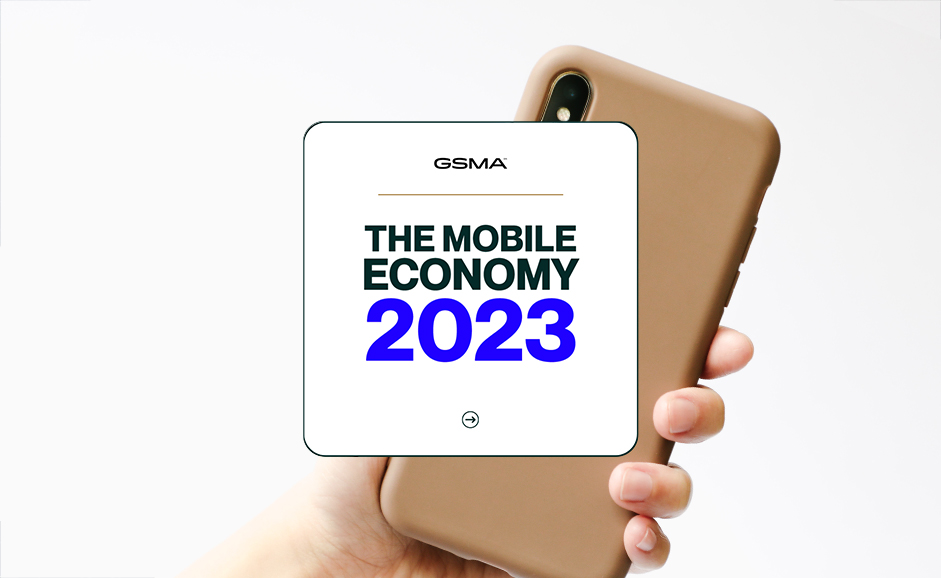An in-depth review of the mobile economy

The GSMA’s latest report on the mobile economy mentions the term “saturation” for the first time when talking about mobile penetration. It refers to urban areas because globally, mobile subscribers were around 68% of the world’s population last year. This ratio will exceed 73% in 2023, which means there is still room to grow.
The mobile economy is clearly one of the biggest revolutions of our era. Driven by connectivity, it contributes $5.2tn to global GDP, which is 5%. On the surface, it may not seem like much. However, the speed of acquiring such magnitude is impressive. And the fundamental value is about increasing productivity. Moreover, this so-called mobile economy directly employs 16 million people and 12 million indirectly.
New investments in 5G network development are gaining momentum in different regions. The GSMA estimates that by 2029 this connection will overtake 4G. The most significant data consumers will be the countries of North America and Northeast Asia. 5G will majorly impact the service and manufacturing industries, as this is where it will contribute the most economically.
The main challenges of 5G
The monetization of 5G is one of the biggest challenges because the deployment of the network, as reported by the GSMA, has been faster than the creation of services built on top of it. If users find nothing different, they have no reason to pay for a more robust network. For now, users only see speed as a differential feature of 5G, and the question is, is it so differential as to pay more?
According to the report, users want to accompany 5G with entertainment services, significantly increasing customer revenue. With this idea in mind, some operators have already created marketplaces for gaming, education, video, news and other vertical services that users can enjoy from any connected device.
Fintech opportunities are also relevant for the industry, according to the GSMA report. Operators are not new in the payments landscape. In Africa, for example, they have taken over many functions of banks, and in Europe, some have acquired banking licenses. The privacy debate has also reached the payments industry. Society is starting to worry about privacy when discussing a super-powerful network that will play a leading role in many aspects of our daily lives. And payment technologies have been evolving as users’ consumption habits were changing and will continue to do so with the arrival of 5G.
Thus, payment methods have been integrating technology according to the needs of the purchasing processes, such as wallets, tokenization or one-click. Last year, Roberto Monge, Chief Operations Officer at Telecoming, already raised this debate in Berlin. During his keynote at the Direct Carrier Billing Summit, he spoke about this evolution and the role of the DCB as a new payment technology qualified to face the privacy challenge. Carrier Billing will undoubtedly gain prominence in the coming years as it is already the most private payment tech.
A global impact
In 2019, the mobile industry was the first to sign up for the 17 Sustainable Development Goals proposed by the United Nations. Since then, its contribution has not stopped, and it does seem to do so in the coming years. The mobile economy helps us fight against poverty and inequality and favors innovation and sustainability – the report also talks about the circular economy – and of course, education, among others.
The GSMA report is a must-read for industry professionals but also society as a whole. The mobile economy is unstoppable and will not quit growing exponentially in the years to come. At Telecoming, we are happy to contribute to this momentum of global connectivity by driving entertainment and sports services that are sure to reach the highest heights in terms of innovation and consumption with 5G.
Stay tuned!

VISIT US
Paseo de la Castellana 95
16th floor – 28046
MADRID | SPAIN
